I used to listen
to music every day.
Then I stopped.
I rarely
listen to music any more.
People ask me
what I’m listening to,
and I have to tell them.
“I don’t listen to music any more.”
It’s kind of awkward.
At first,
I felt kinda bad
that I didn’t
listen to music any more.
Maybe even worse,
I didn’t write songs any more.
I used to enjoy music,
and I like to believe
that I was pretty good
at writing songs.
But I seem to have lost interest.
It wasn’t until now
that I even thought about it.
How does one
lose interest
in music?
How does one lose interest
in expressing themselves?
My first impression is
that I just don’t need
to write songs
or listen to music any more.
I must have needed music,
like so many others seem to need music.
Music seems so important to people.
Maybe because
music helps people feel.
Maybe because
music helps people feel.
Maybe because
music helps people heal.
Maybe because music
helps people figure out
who they are.
Maybe because
playing music
and writing music
makes people feel good
about themselves.
Maybe I don’t need
to feel good about myself anymore.
Maybe I’ve realized that
I’m good no matter what.
Maybe I’ve realized that
the people I’ve written songs for
are good no matter what.
None of us need music.
None of us need to feel good.
Maybe I am appreciative
of whatever I’m given,
even if it seems not to be good.
Given is good.
I don’t need to escape
what I am with music.
It doesn’t matter what I am.
I still love music.
I still love writing and playing.
I just don’t need to.
And so I no longer feel bad
that music isn’t a huge part
of my life at the moment.
I have a feeling that it will be.
I’ll write music for people
who don’t need music.
I will live,
even if I don’t need to.
Like I’m doing now.
I am my own song.
Trail Wood,
1/22
The Evolving Relationship with Music
In the vast expanse of life’s experiences, the change in one’s relationship with music can be a profound journey of self-discovery and introspection. The transition from immersing oneself in music daily to rarely engaging with it poses intriguing questions about the role and need for music in our lives. The cessation of not only listening to music but also creating it, such as writing songs, marks a significant shift in how one expresses and experiences emotions and identity.
The Essence of Music in Human Experience
Music, for many, serves as a conduit for feeling, healing, and understanding oneself. It offers a means to explore and express emotions, to feel validated, and to connect with the broader tapestry of human experiences. For those who create music, this process can be a vital part of self-expression and self-esteem.
Realizing Self-Sufficiency Beyond Music
The realization that one no longer needs music to feel good about oneself or to escape from reality is a profound acknowledgment of inner completeness and self-acceptance. It suggests a state of being where external validations, such as the appreciation derived from music, are no longer necessary to affirm one’s worth or state of well-being.
Appreciation Without Dependency
This new perspective is not about diminishing the value of music but rather about appreciating it without dependency. Recognizing that music, while beautiful and enriching, is not a prerequisite for feeling good or understanding oneself, opens a new realm of freedom. It allows one to engage with music not out of need but out of choice.
Music as a Reflection of Inner Harmony
The idea of being one’s own song symbolizes a harmonious state of existence where self-expression and contentment come from within. It implies a profound connection with oneself, where music becomes an extension of one’s inner harmony rather than a tool for achieving it.
The Future Reunion with Music
There is an anticipation that music will once again play a significant role in life, not as a necessity but as a choice. The potential of creating music for others who do not necessarily need it but appreciate it represents a shift from music as a personal need to music as a gift shared with others.
Summary
We reflect on the changing relationship with music, from a daily necessity to a rare engagement. This transition raises questions about the need for music in expressing and feeling good about oneself. Recognizing the value of music without being dependent on it for emotional fulfillment or self-validation represents a state of inner completeness. The concept of being one’s own song embodies self-sufficiency and harmony. The future possibility of reconnecting with music, not out of need but out of choice and as a form of sharing, indicates a mature and self-assured approach to music and self-expression.
Glossarium
- Self-Expression: The process of expressing one’s thoughts, feelings, and identity, often through creative means like music.
- Inner Harmony: A state of being where one feels complete and content within themselves, without reliance on external factors.
- Music as a Gift: The idea of sharing music with others not as a personal necessity but as an act of sharing and connecting.
“Music expresses that which cannot be put into words and that which cannot remain silent.” – Victor Hugo
In the symphony of life, where notes rise and fall,
Once a daily refuge, now a rare call.
In the silence and sound, a journey we find,
Music within us, a reflection of mind.
No longer a need, but a choice to embrace,
Music, a companion, not a race.
In this dance of life, where melodies roam,
We find our music, in the heart of home.
How do we navigate the changing dynamics of our relationship with music, finding harmony in its presence or absence, and understanding its role in our personal journey of self-expression and self-discovery?
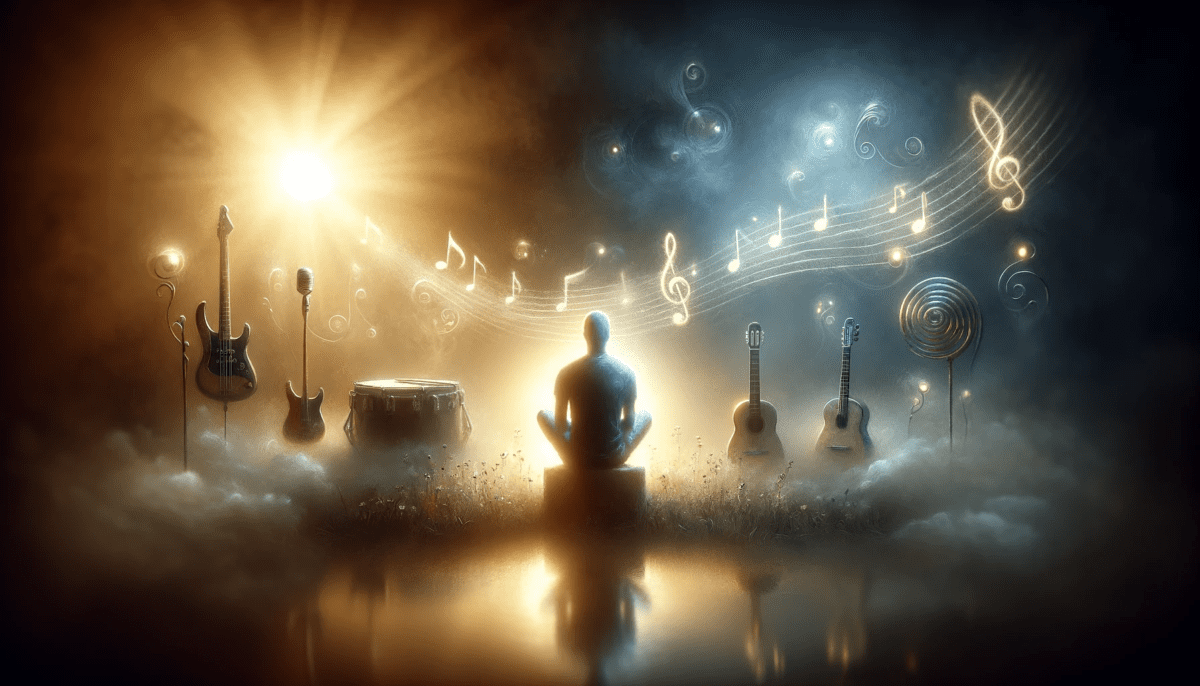
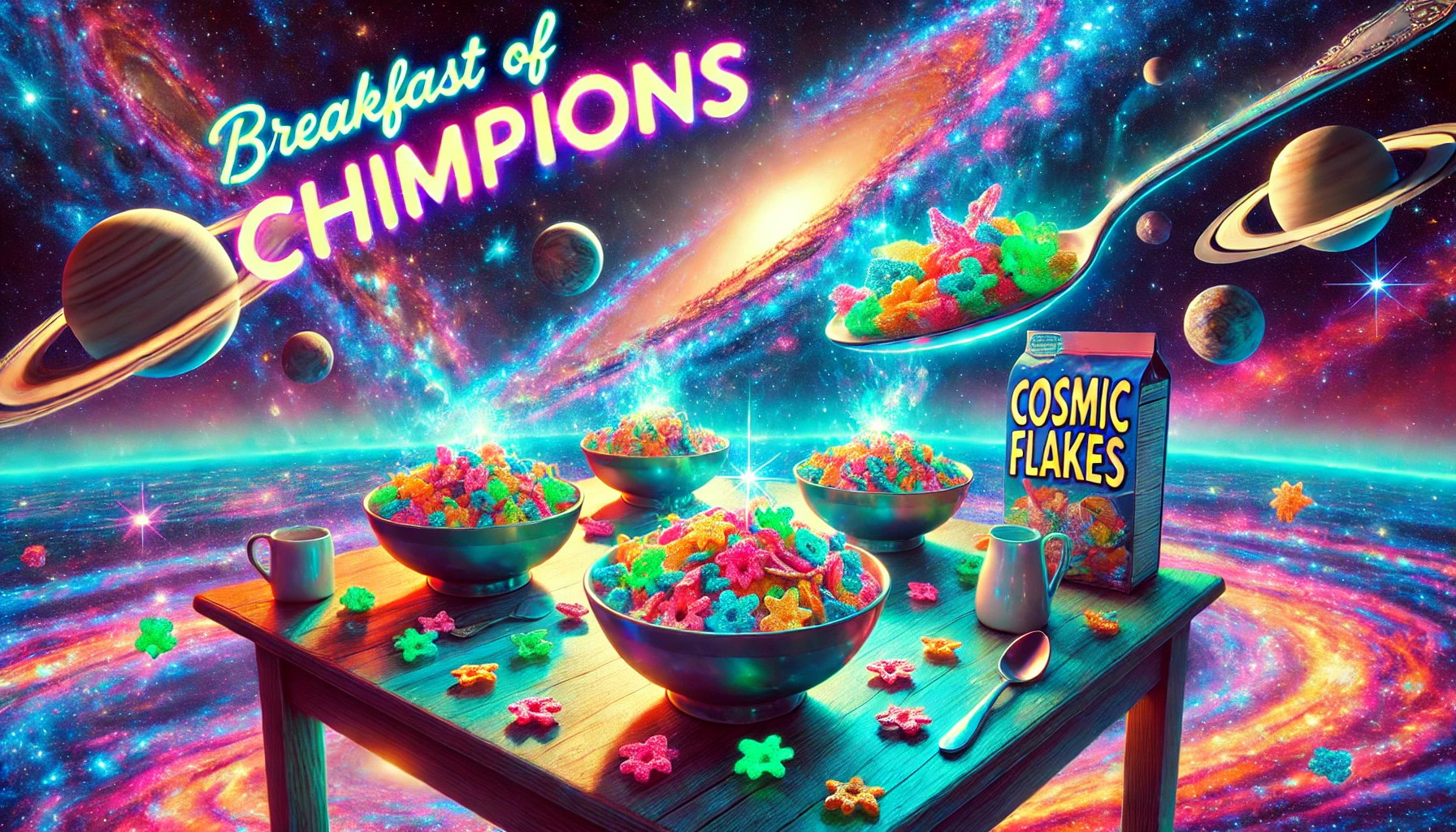
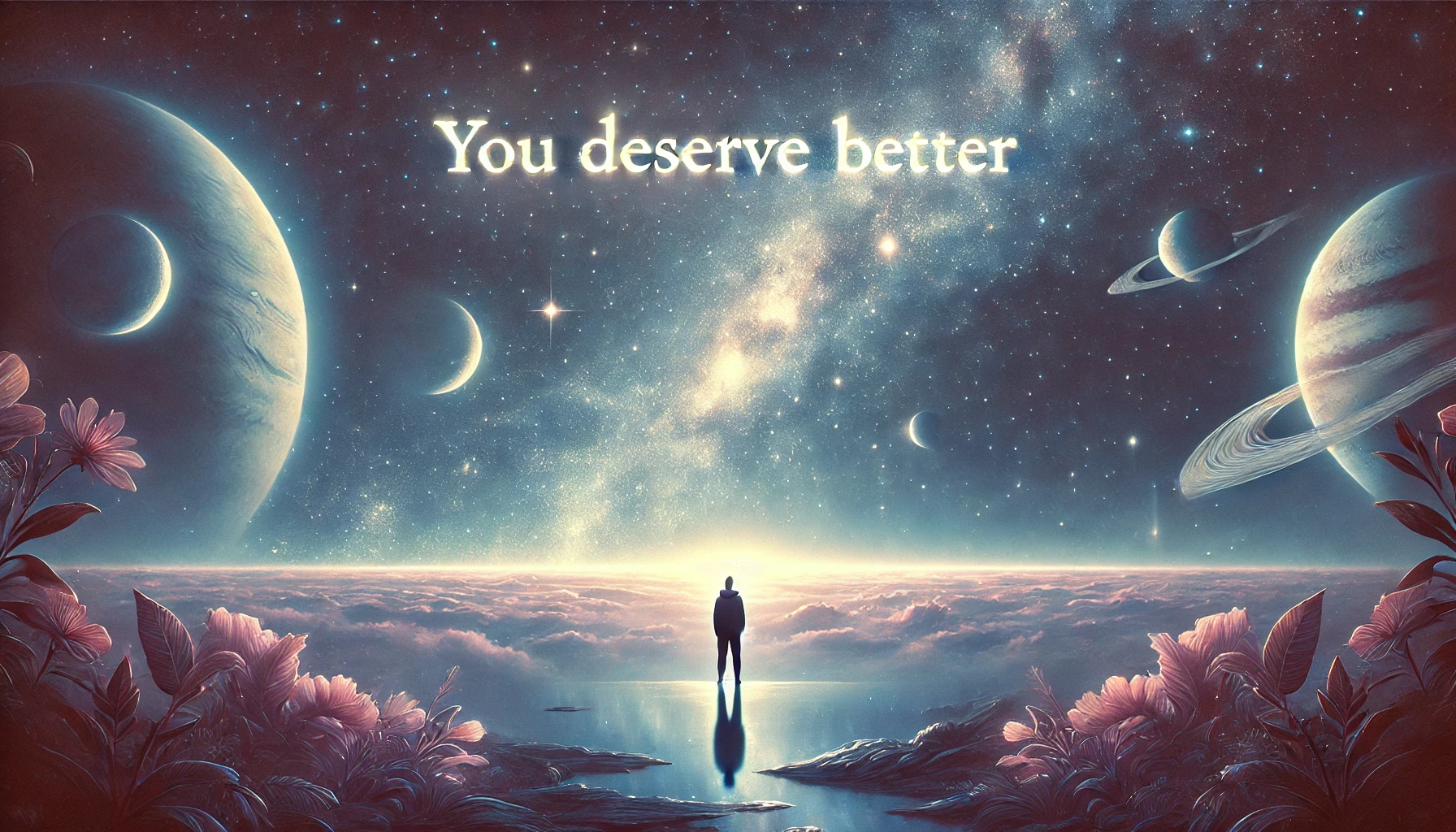

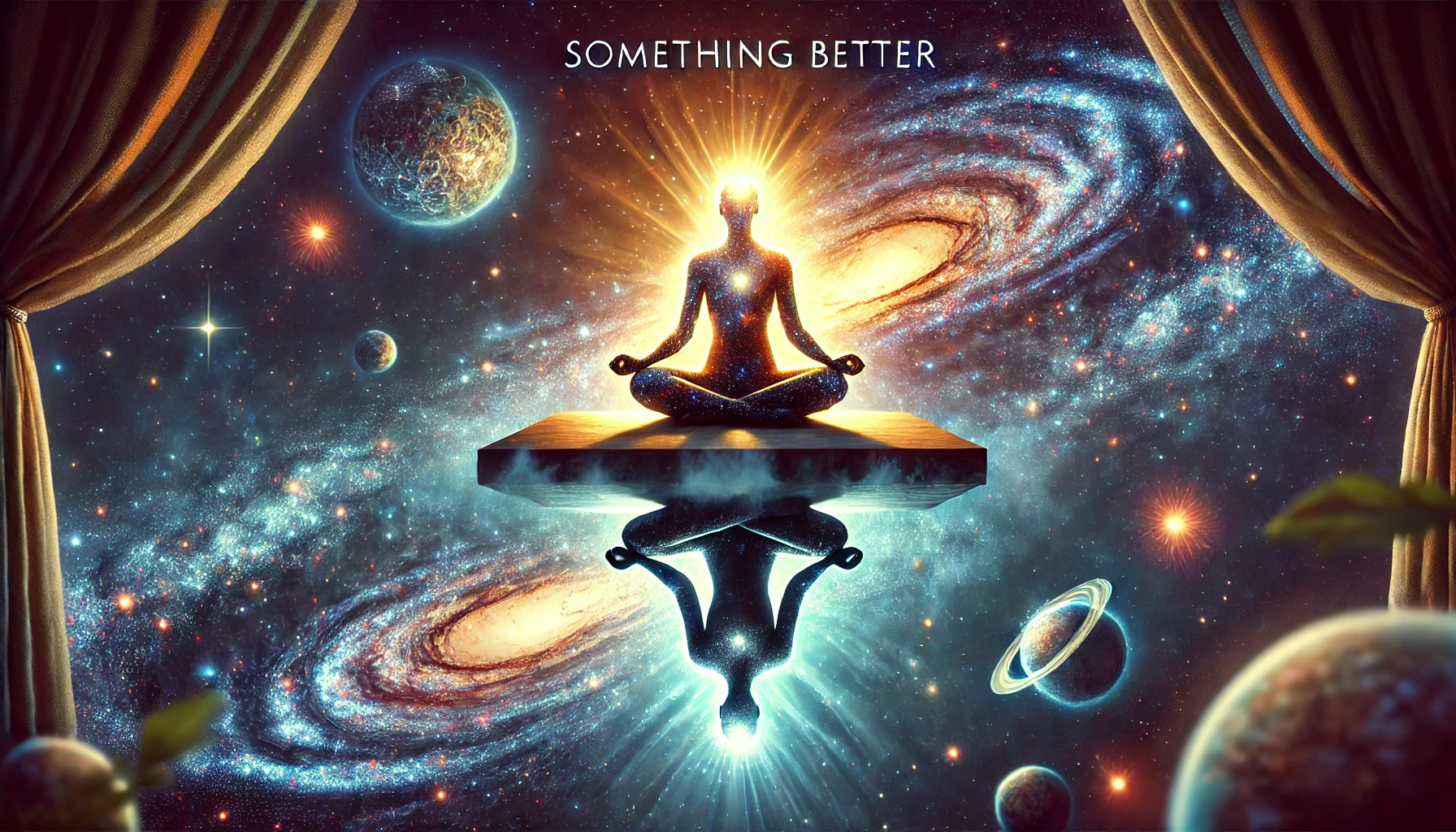
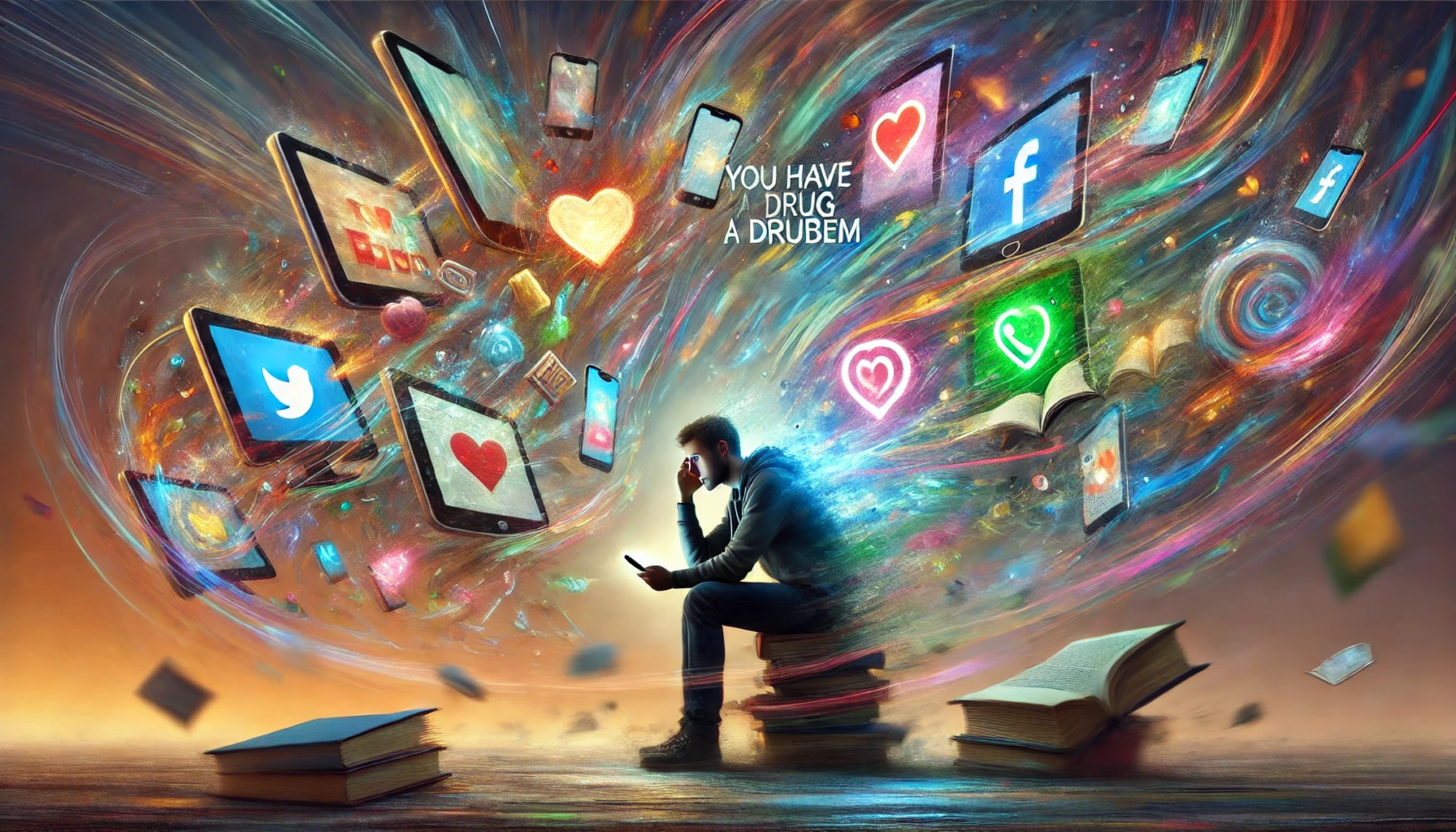
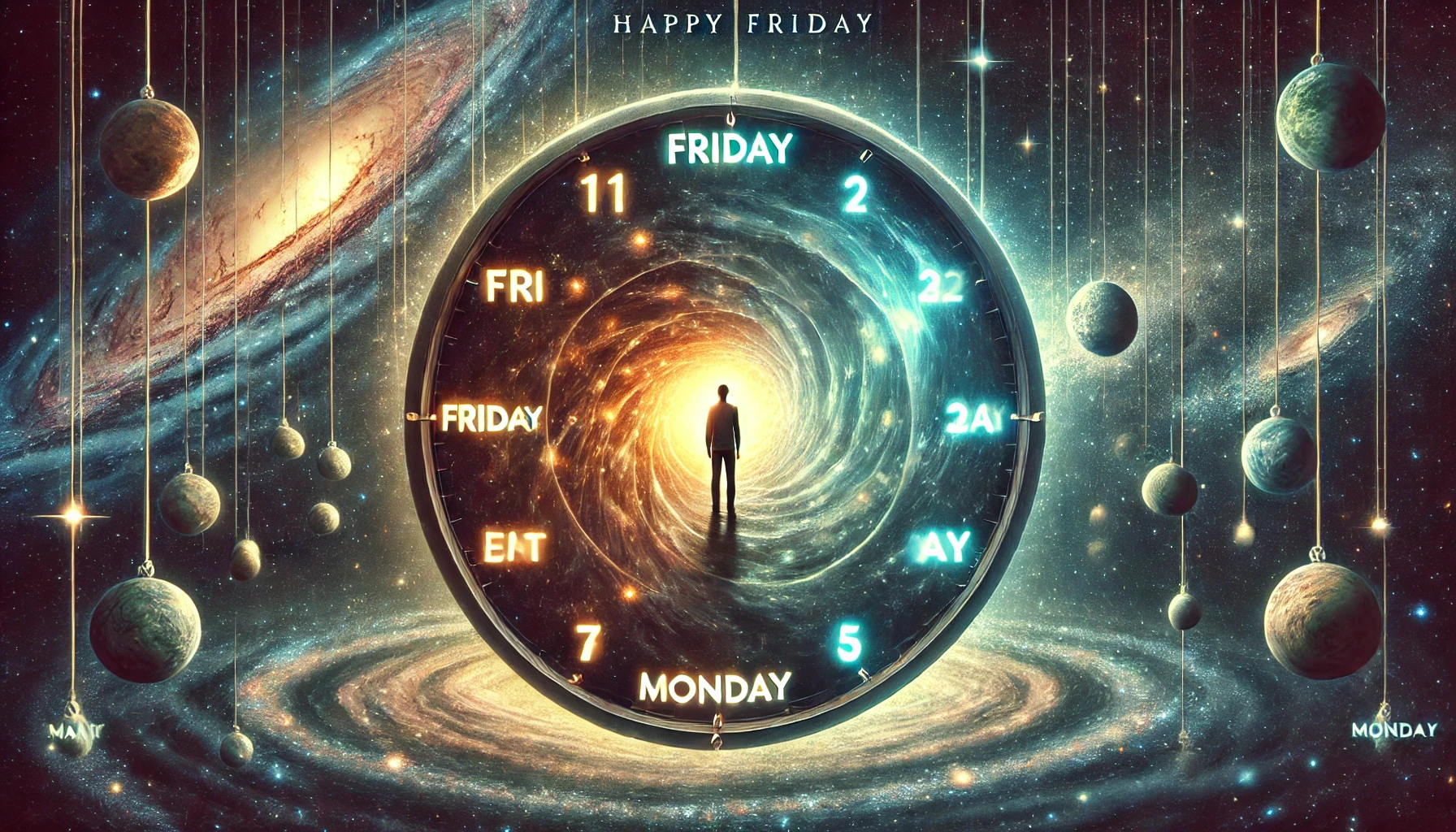
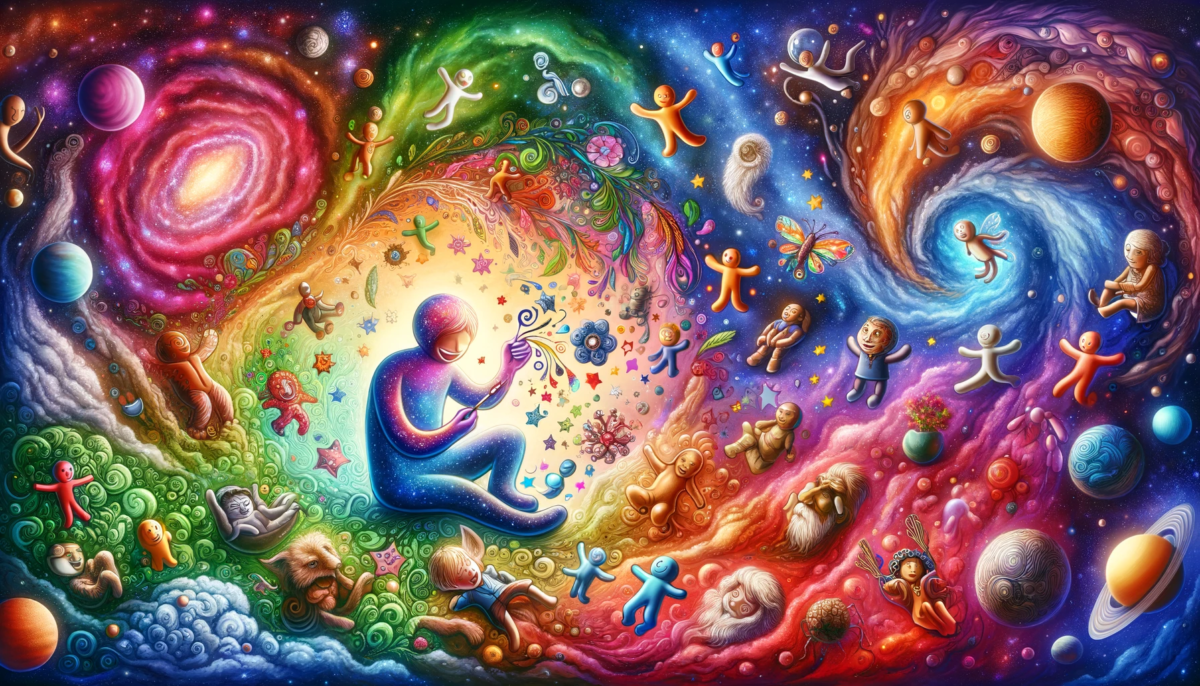
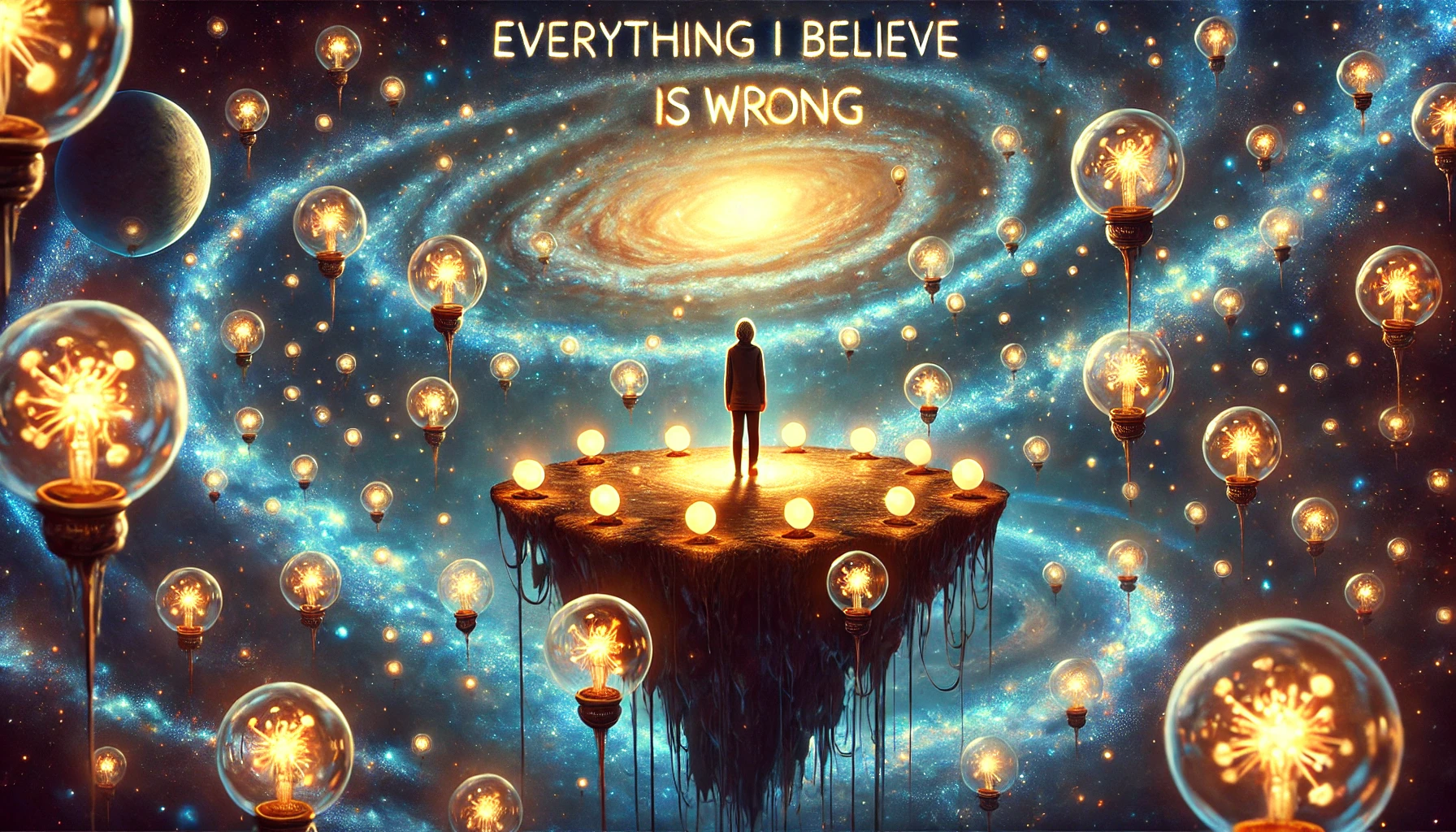
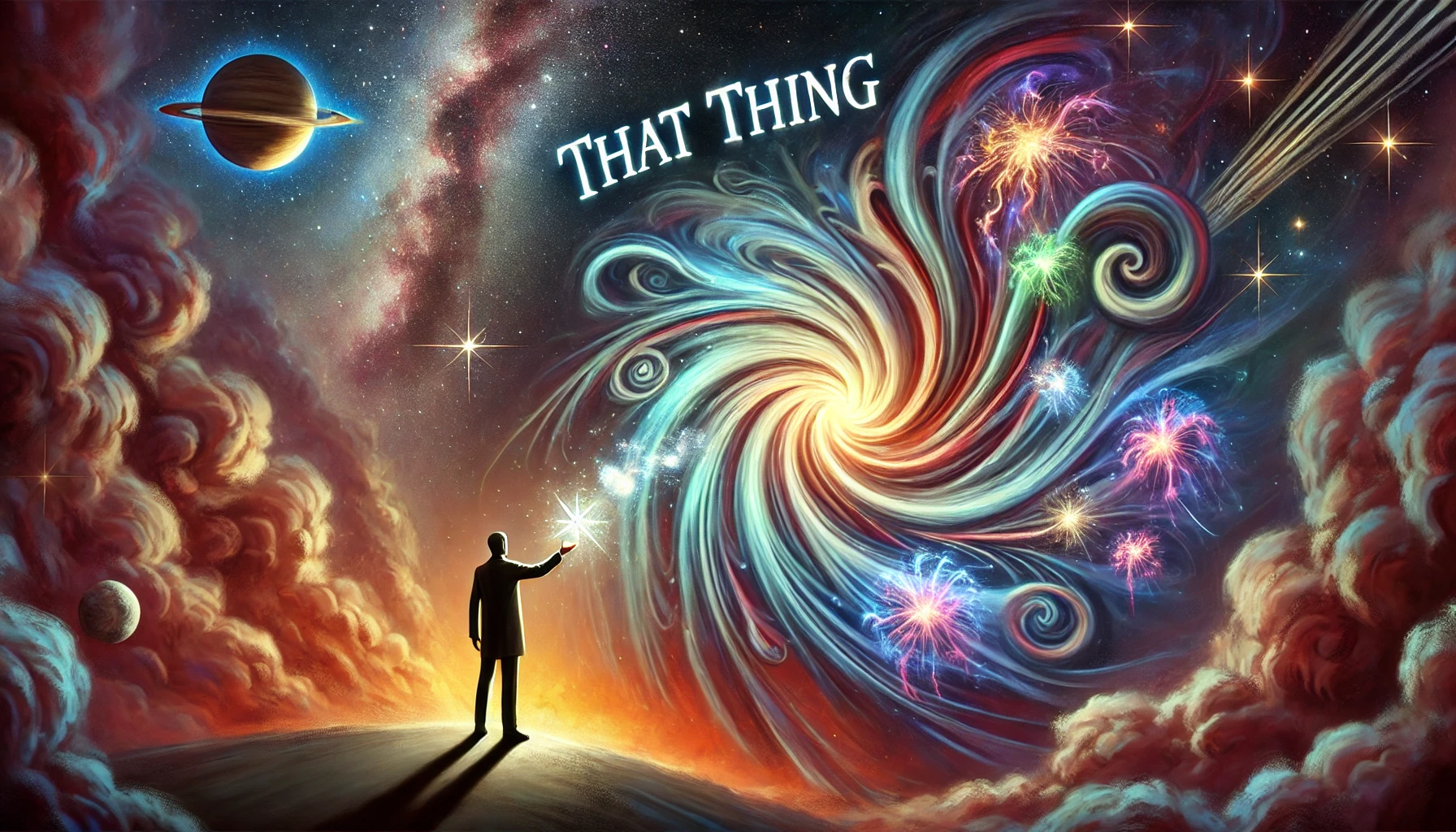
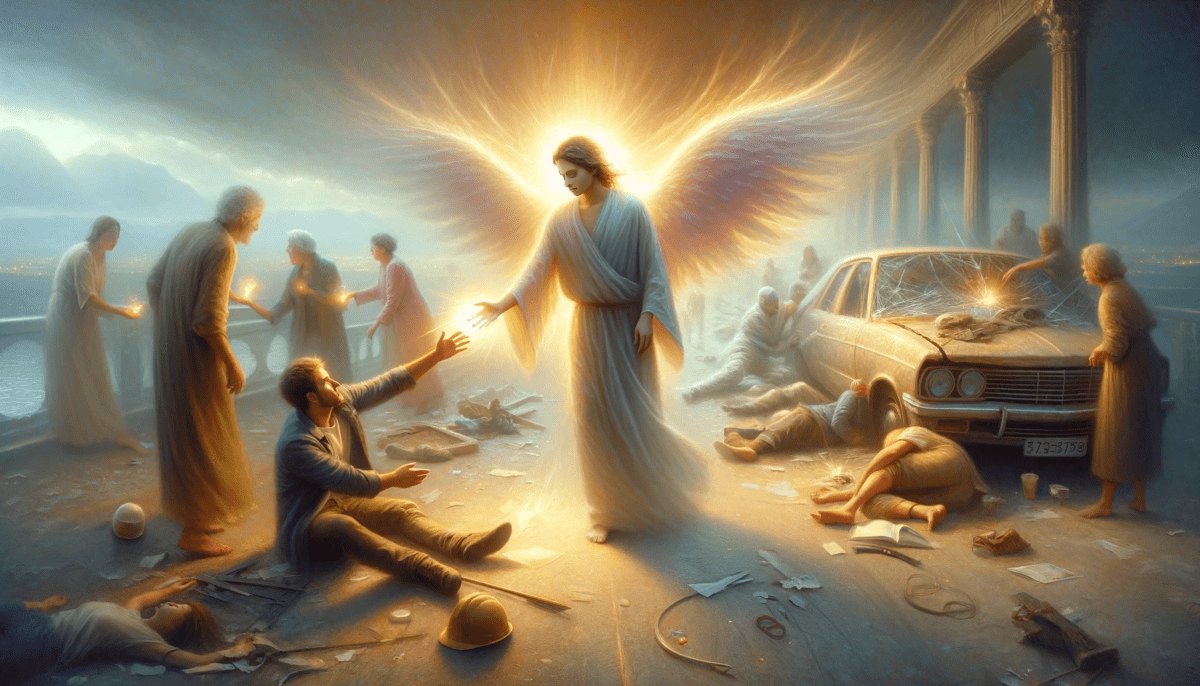
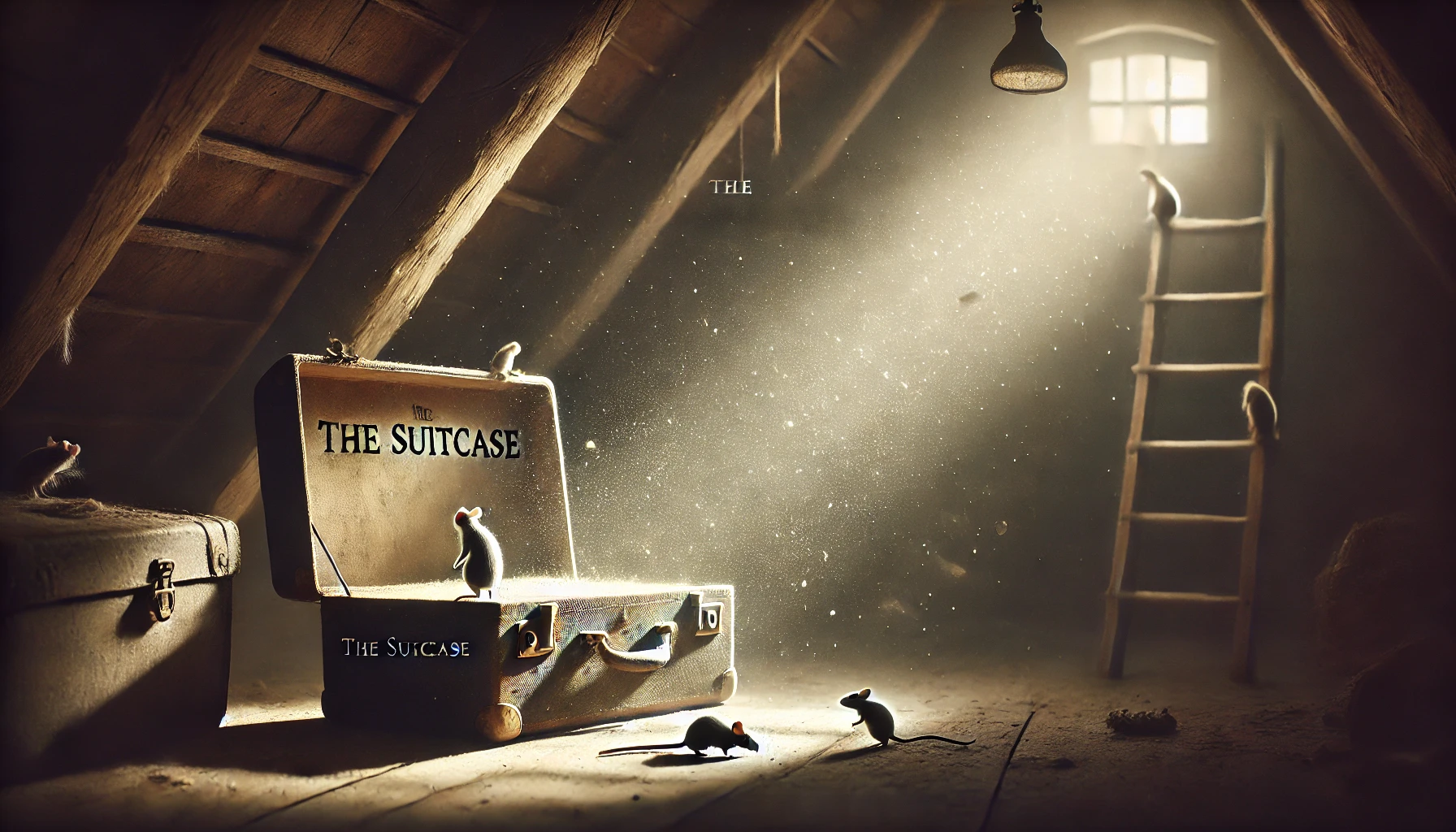
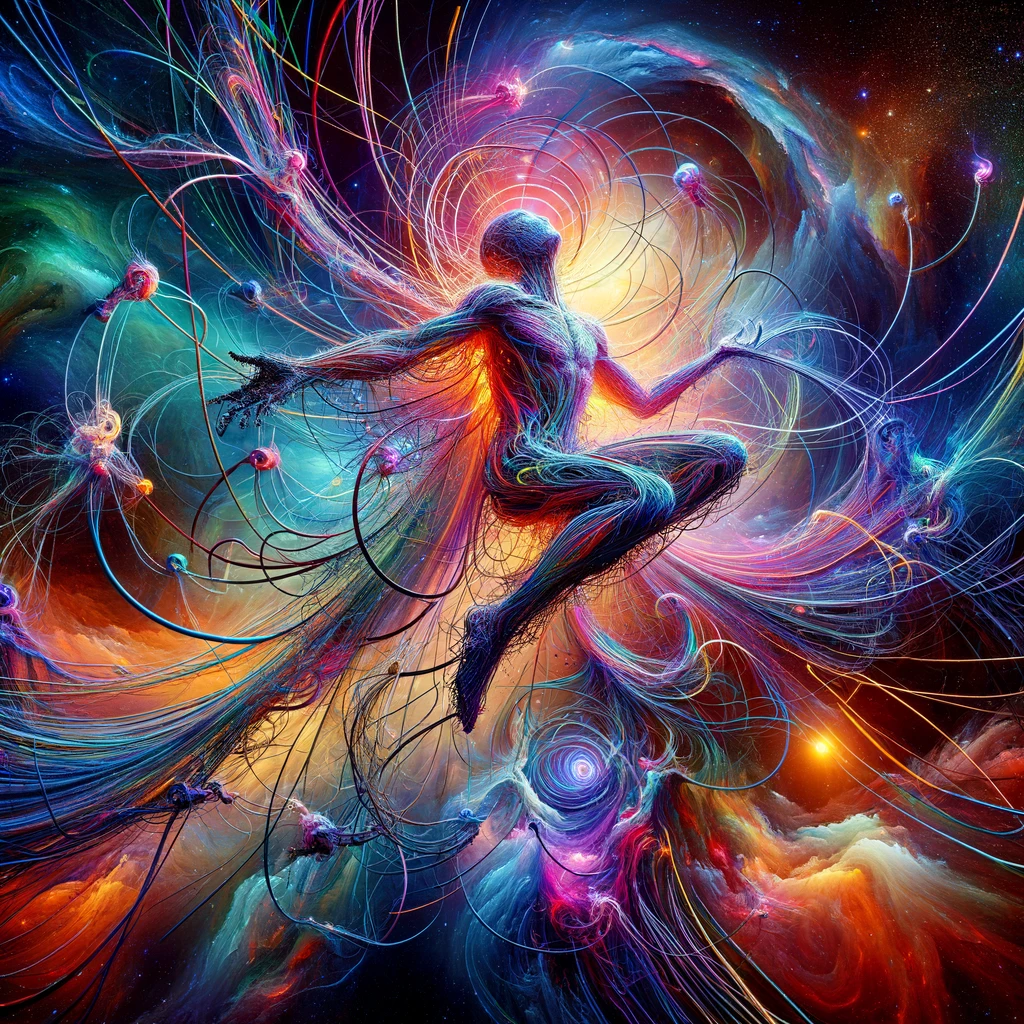
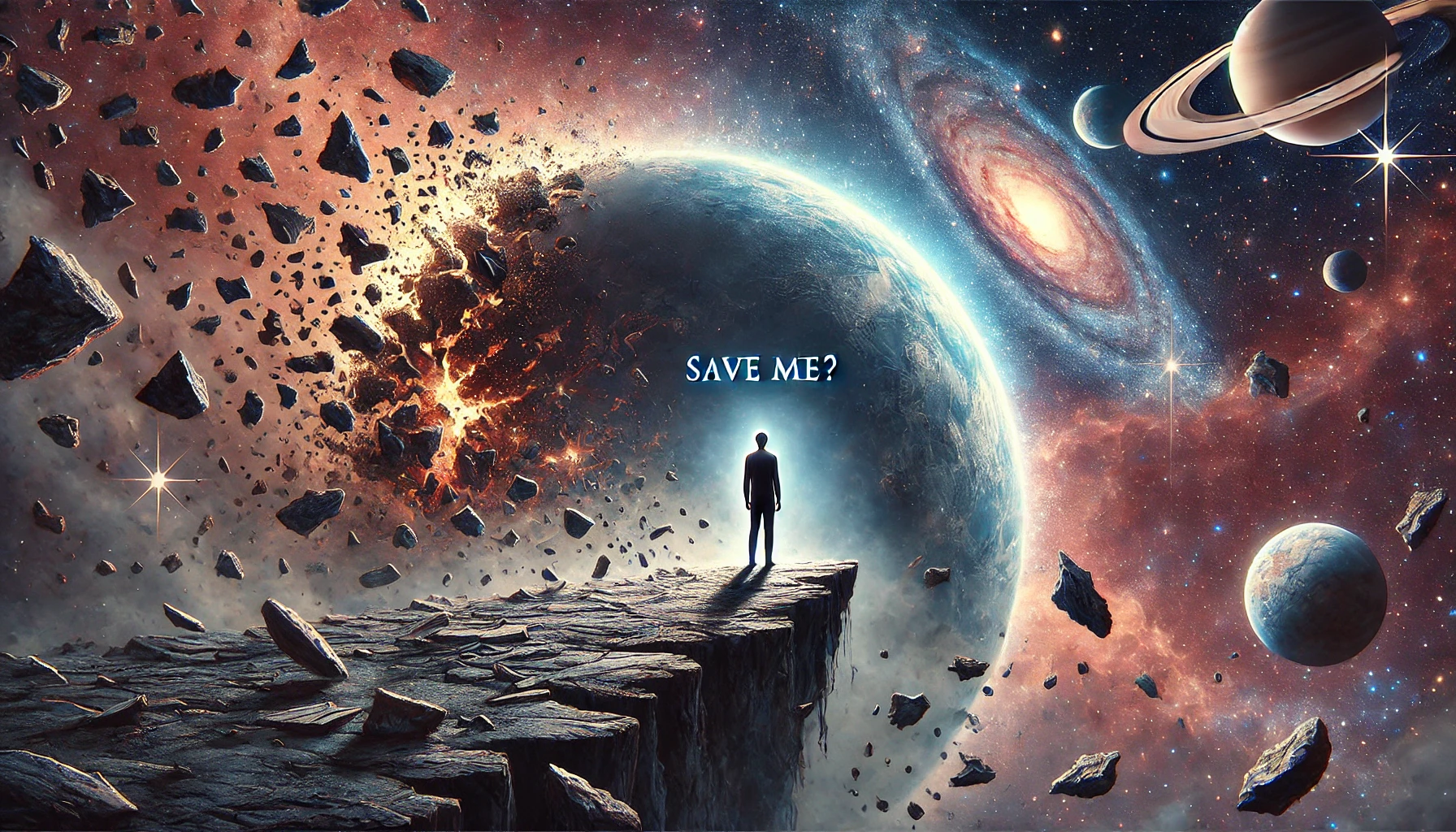
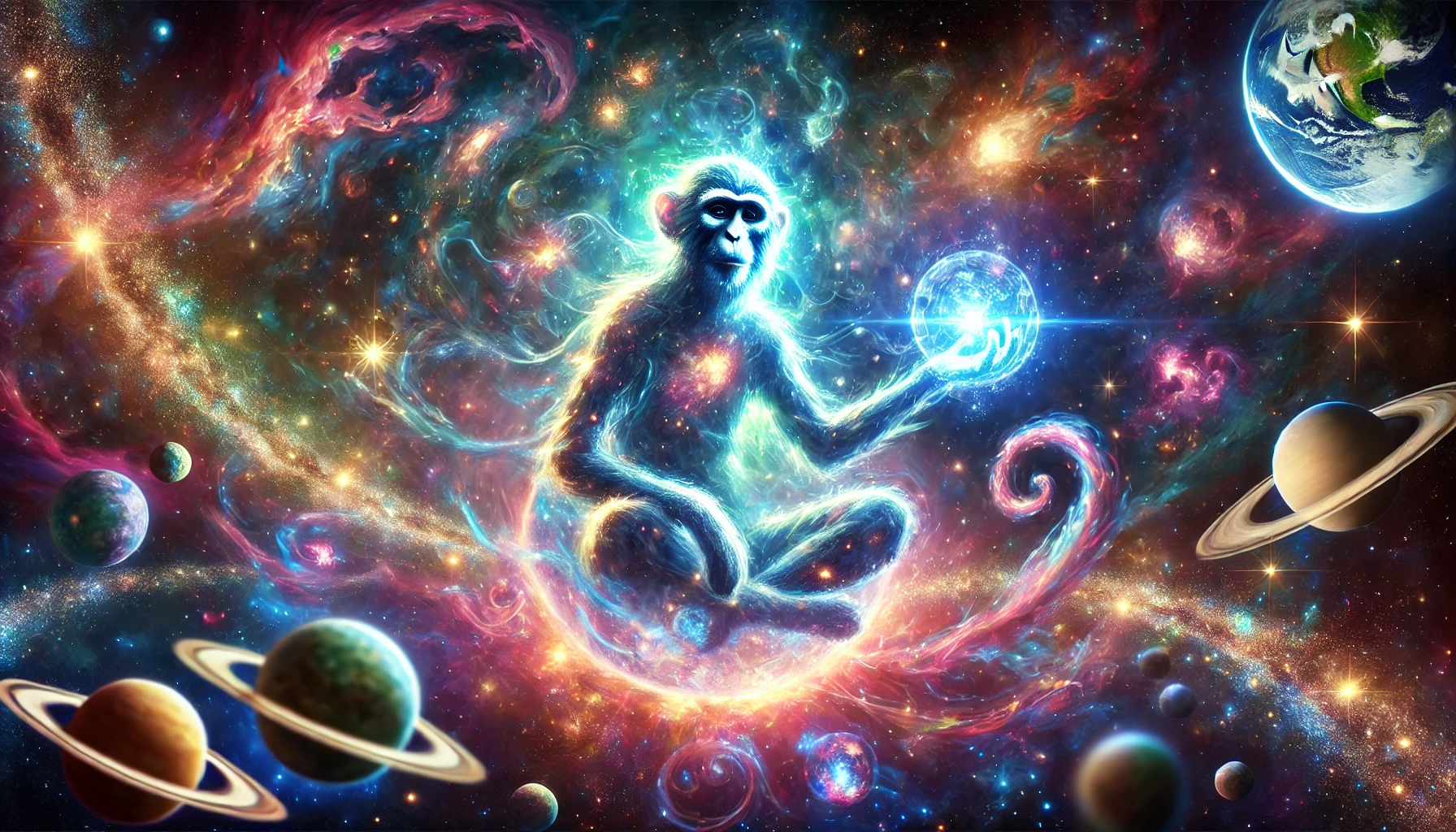
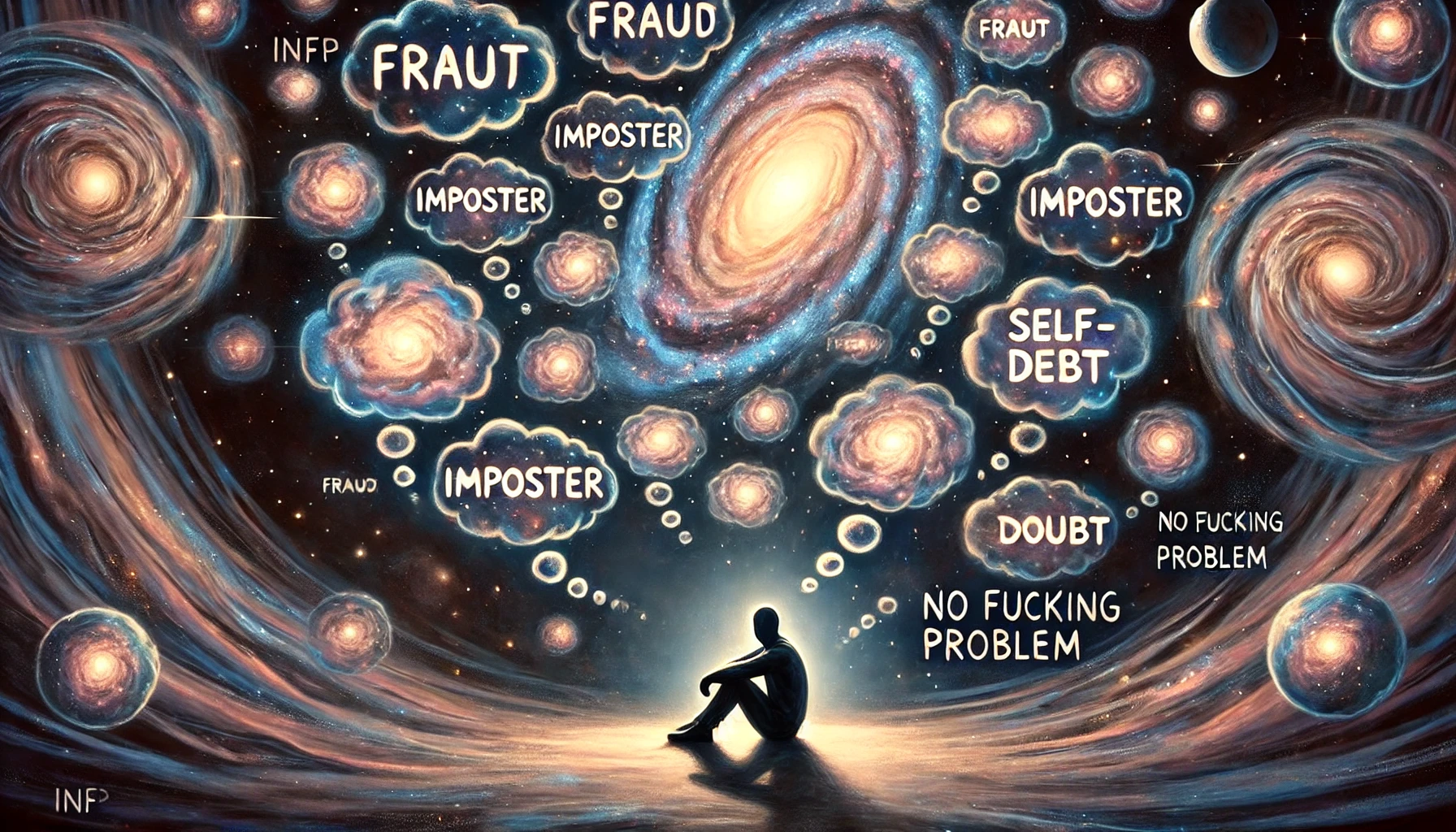
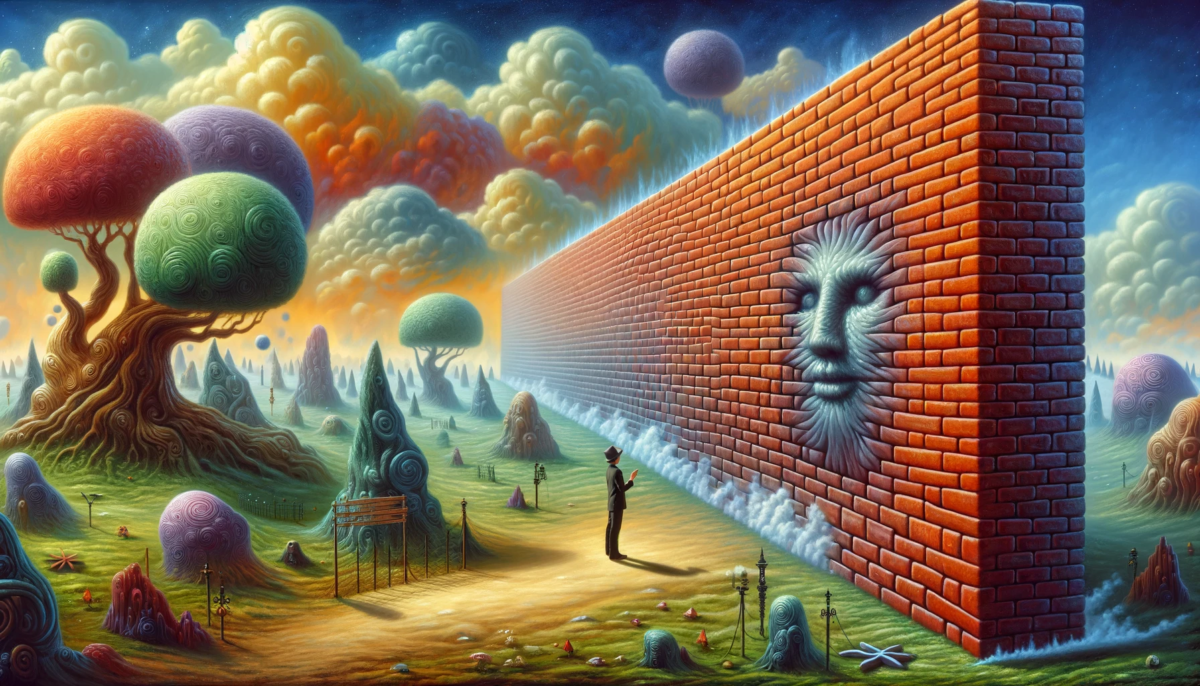
Leave a Reply